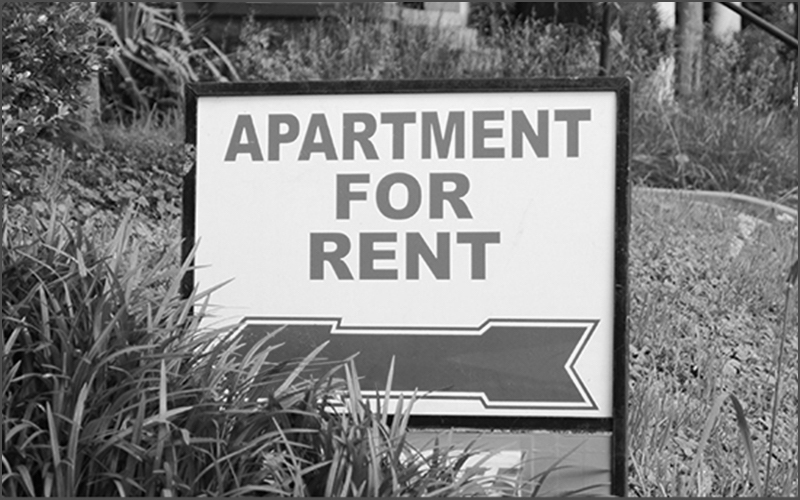Foundation News
Through Funding from Meyer Memorial Trust, Credit Unions Tackle Housing Hurdles
Posted by Ben Shuey on February 25, 2019

Three Portland-area credit unions have launched a security deposit loan pilot program to help residents secure rental housing.
As the population continues to grow in the Northwest, residents are encountering numerous housing hurdles from community to community. Credit unions are responding to their communities’ needs by creating innovative products and services that put housing options back within reach.
In some areas, home prices have sky rocketed, while in others, there’s a lack of inventory. For many residents, buying a home is not an option, and so they are turning to rentals, only to encounter high monthly costs and security deposit requirements.
In response, the Northwest Credit Union Foundation has partnered with numerous credit unions across the region to identify services or products that can be replicated across the Northwest. Currently, the Foundation is accepting applications for its workforce housing grant as part of this initiative.
In addition, the Foundation was recently awarded a grant from Meyer Memorial Trust to support the launch of a security deposit loan pilot program. In partnership with three Portland-area credit unions, the low-interest deposit loan program will help provide innovative financing for residents who need to secure rental housing but struggle to come up with the steep security deposit fees for entry.
“In Portland metro’s tight rental market, households struggle to rally the sizeable funds necessary to cover a security deposit plus first and last months’ rent,” said Sharee Adkins, NWCUF Executive Director. “With support from Meyer Memorial Trust, this pilot brings credit unions together with community-based organizations to create a critical bridge for renters. This is an exciting example of NWCUF’s mission in action. Through collaboration with credit unions to address a pressing need, we are improving the housing stability of Portland renters.”
With the Meyer Memorial Trust grant, the Foundation has created a loan loss reserve to cover potential loan defaults. The three credit unions involved in the pilot project – Consolidated Community Credit Union, Point West Credit Union, and Trailhead Credit Union – have committed to deploying loan funds to support 150 households over the next two years.
“The security deposit loan program is a great example of how credit unions and the Foundation can collaborate to help address this serious problem in our communities,” said Larry Ellifritz, President and CEO of Portland-based Consolidated Community Credit Union. “The key to any collaboration is working with people you trust and finding credit unions that have missions that are aligned.”
Over the next two years, the credit unions will pilot the loan product to determine market feasibility and potentially replicate across the Northwest to address inflated rental markets. The Foundation will continue to identify opportunities where credit unions and other organizations can come together to create innovative pilot products and services that will better the financial health of communities throughout the region.
“What it comes down to is our mission and that is helping people improve their lives through the cooperative financial services we offer as a credit union. There isn’t a greater need than helping a member secure a safe and stable place to call home,” Ellifritz said.
Meyer Memorial Trust was created by the late Fred G. Meyer, founder of the chain of retail stores that bear his name throughout the Northwest. The Trust has awarded approximately $790 million in grants and program-related investments to more than 3,380 organizations in Oregon and southwest Washington. It works with and invests in organizations, communities, ideas, and efforts that contribute to a flourishing and equitable Oregon.
Credit unions interested in becoming involved in the program, have questions, or want to work with the Foundation to identify other solutions and community partners should email or call NWCUF Program Director Claire Hendrix, 208-515-4476.
Posted in Economic Empowerment, Workforce Housing.
